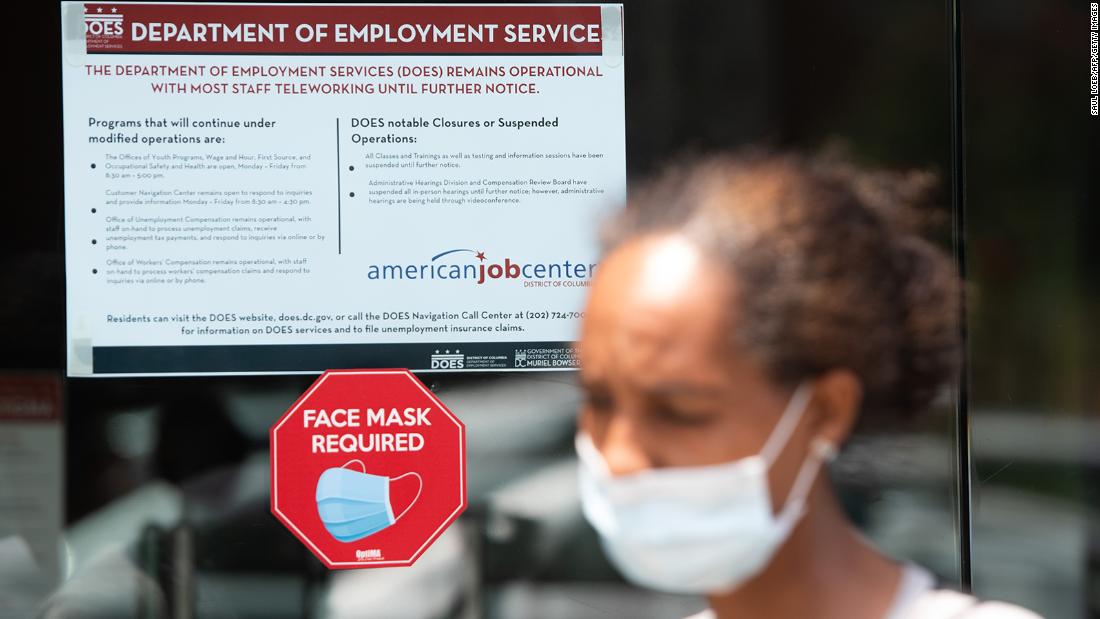Here’s how Congress may help the unemployed
But businesses are worried that they are having trouble bringing workers back because the Congressional boost pays many recipients more than they made while employed.
One of the biggest unknowns? Where the economy is going to be a few months from now, which is what lawmakers have to place bets on.
“There’s a danger of setting unemployment benefits too low in an environment where the economy is doing very badly,” said Joseph Vavra, an economics professor at the University of Chicago. “The argument for high unemployment benefits becomes less compelling the more healthy the economy is.”
Here’s what’s on the table:
Continuing the $600 federal benefit into next year
LISTEN: $600 unemployment benefits end soon
The federal $600 weekly boost to jobless benefits expire this month unless Congress extends it.
Reducing the enhanced weekly benefit
While some Senate Republicans want to eliminate the $600 boost completely, many realize that that’s not likely to happen.
So they are also contemplating reducing the size of the weekly boost. But keep in mind that a $300 enhancement would mean that 42% of the jobless would make more on unemployment than they did at work, according to Vavra’s estimate.
Providing a bonus to return to work
Republicans are more enthused by a return to work bonus, which has been floated by Ohio Sen. Rob Portman and Texas Rep. Kevin Brady, ranking member of the House Ways & Means Committee. The Brady proposal calls for providing up to $1,200 to workers who accept a job offer.
Some Republicans are looking to combine a return to work bonus with a smaller enhanced jobless benefit.
Offering both would provide the jobless with income they need and would mitigate disincentives to work, said Douglas Holtz-Eakin, president of the American Action Forum, a center-right policy institute.
“It’s really going to be the package that matters,” he said.
Instituting a payroll tax cut
But this wouldn’t help the millions of Americans who are unemployed, who are the focus of lawmakers’ attention right now.
A growing number of Republicans and most Democrats don’t support such a measure, although it remains a White House priority.
Tying a benefits boost to the unemployment rate
Senate Democratic Leader Chuck Schumer of New York and Sen. Ron Wyden, an Oregon Democrat, recently introduced a bill that would base enhanced benefits on a state’s unemployment rate.
The jobless would continue to receive $600 as long as a state’s three-month average unemployment rate remains above 11%. The supplement would be reduced by $100 for every percentage point decrease in the rate, until it falls below 6%.
![]()


